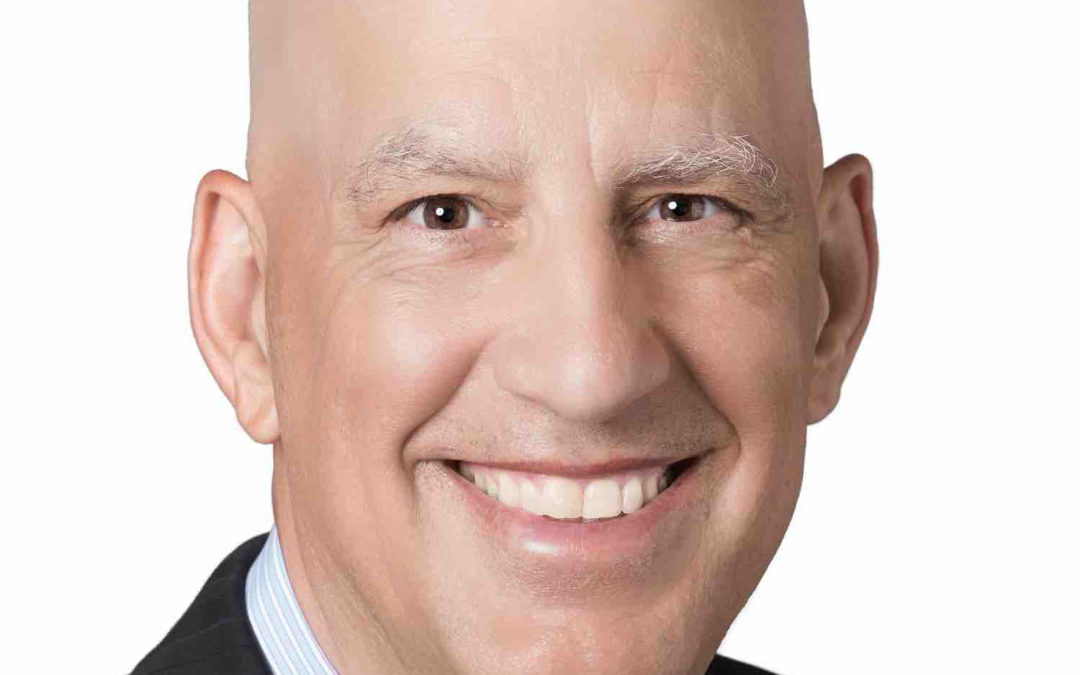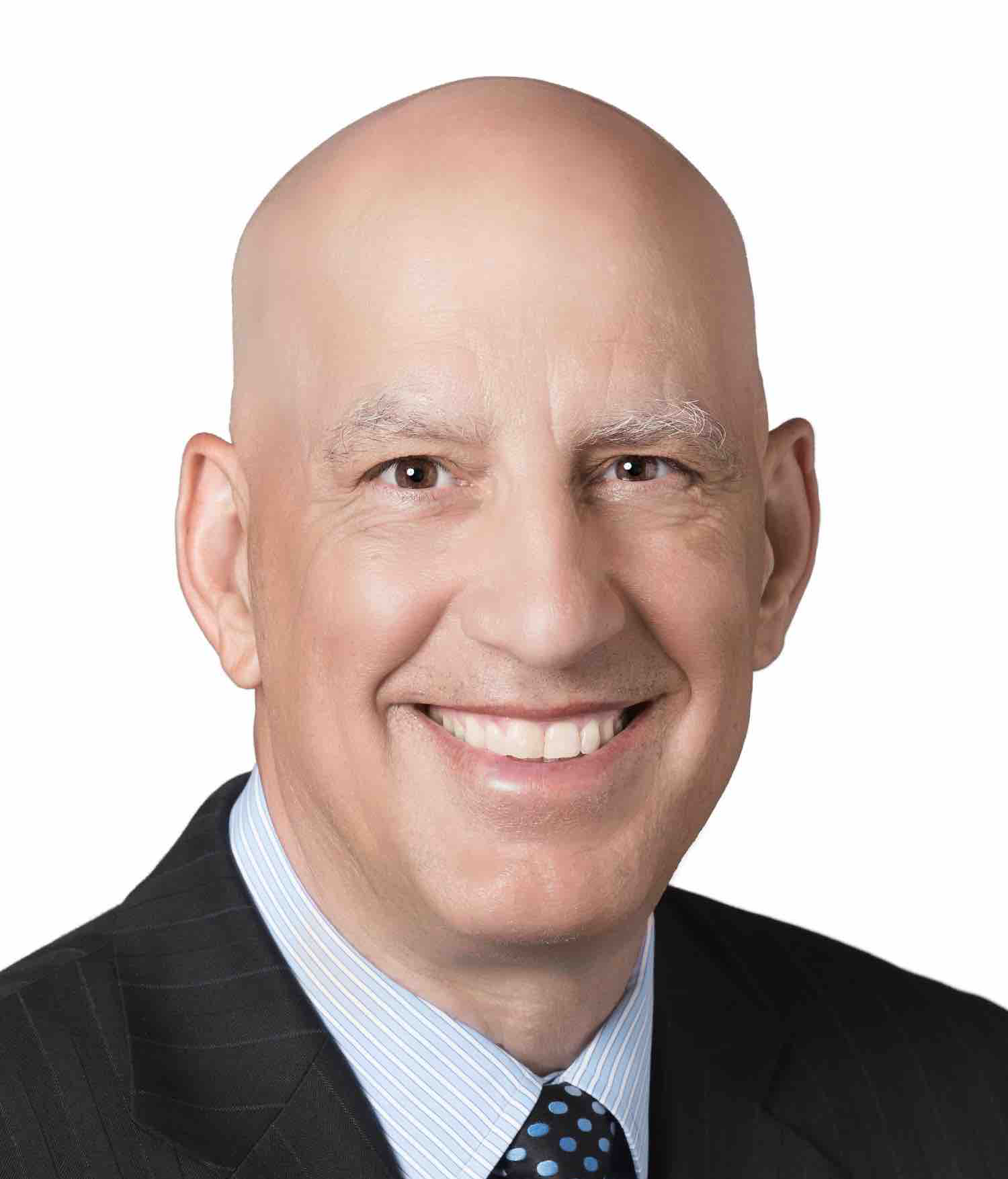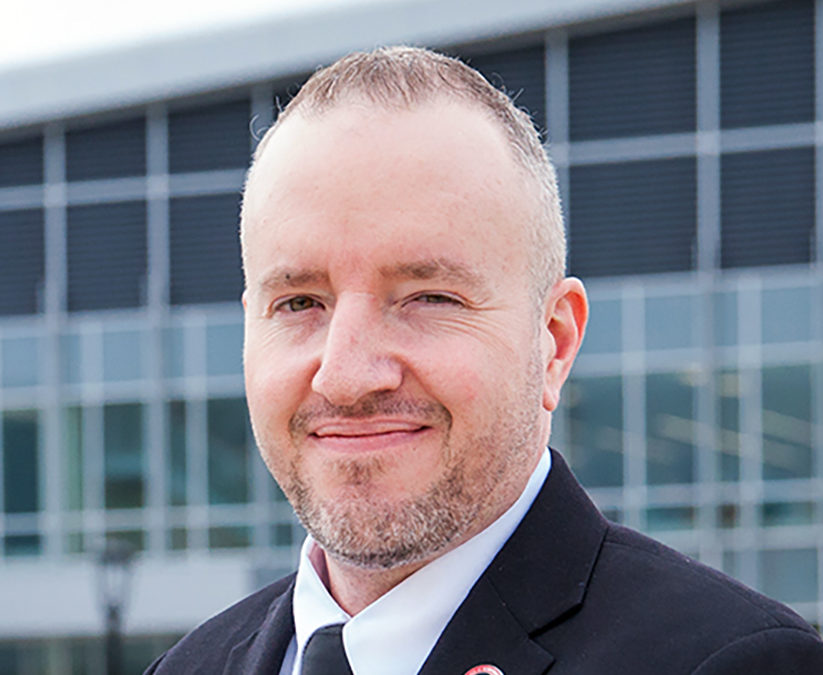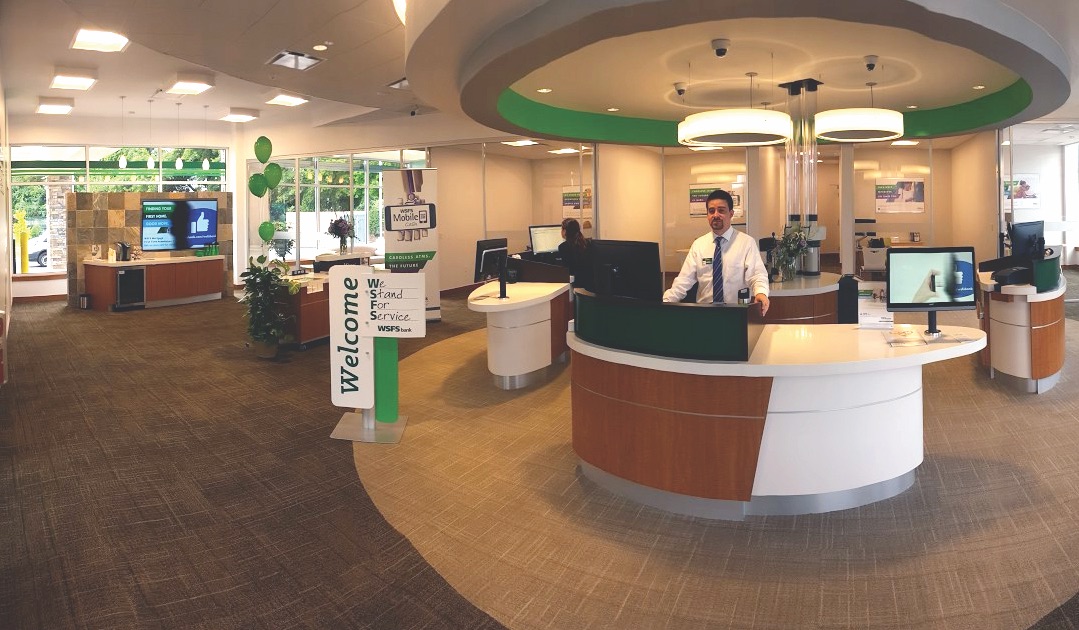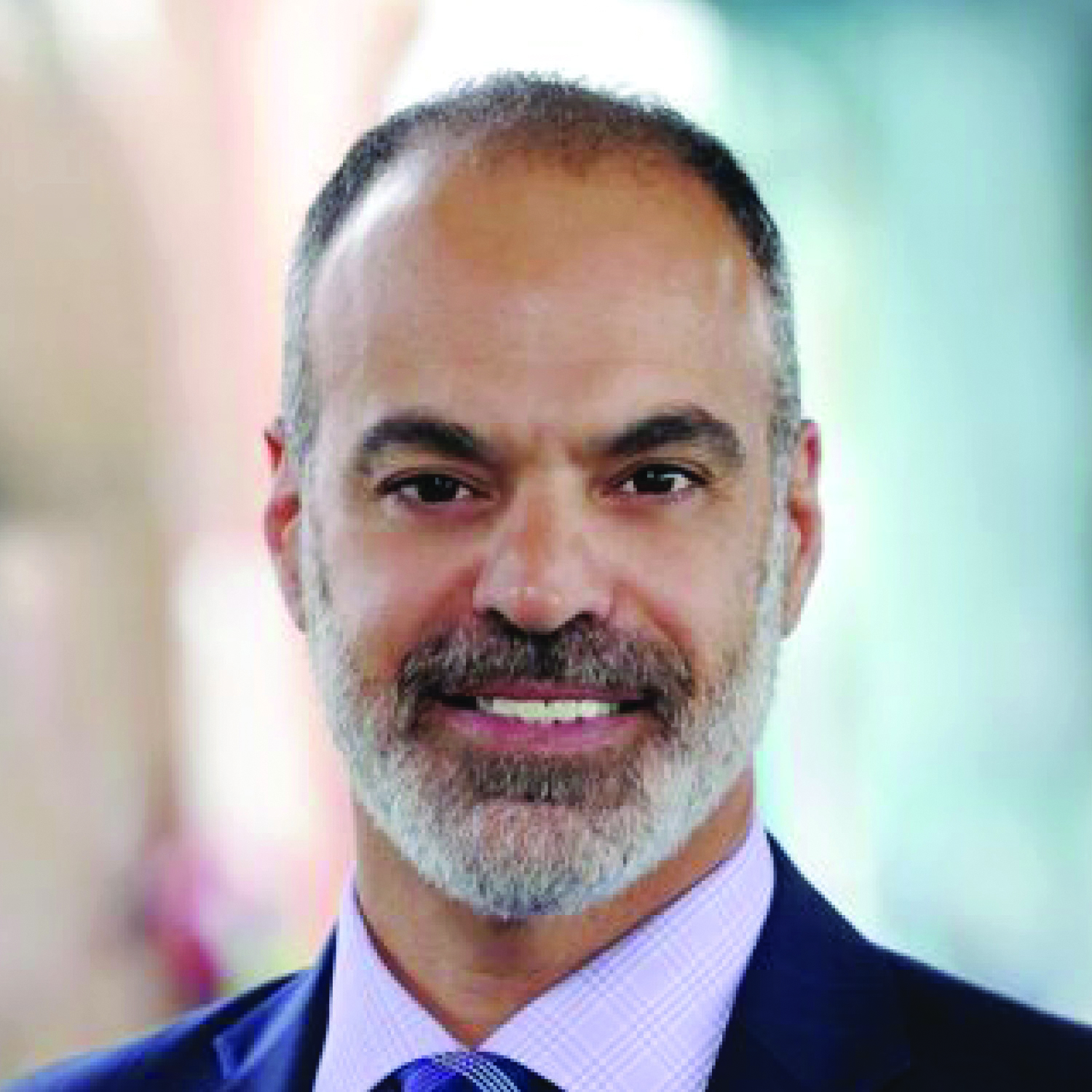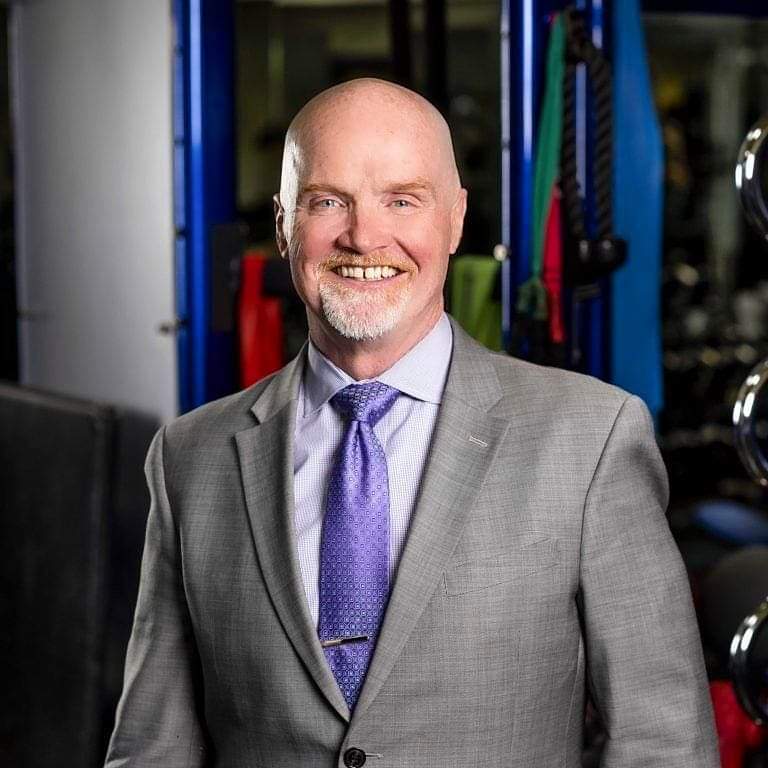
South Jersey’s higher-ed sector at the forefront of workforce readiness
By: Yolanda Rivas

2 min read March 2020 — Education affordability, talent retention and the demographic change of fewer students going onto college are some of the challenges facing the industry. Educational institutions in South Jersey and the state government are placing a particular focus on affordability and workforce readiness.
Many universities and colleges now see that workforce development and curriculum updates are necessary to meet the demands and needs of employers and the jobs of tomorrow. That is the case of the Rowan University/Rutgers-Camden Board of Governors. Part of its mandate is to facilitate collaboration between Rutgers-Camden and Rowan University in the development of curricula and programs related to health sciences.
“Presently, we are working together to respond to projected employment growth in healthcare professions,” said Dana Redd, CEO of the Rowan University/Rutgers-Camden Board of Governors, in an interview with Invest:. “Some of the initiatives that we have launched include a Medical Assistant workforce development and training program for graduating high-school students from Camden’s traditional public schools.”
Another projected demand is the increased need for healthcare providers to assist individuals diagnosed with Alzheimer’s and dementia-related disorders. In anticipation, the board launched the Alzheimer’s Navigator Program in 2017. “The curriculum is taught by Camden County College. Inspired by the Patient Navigation model in oncology, Alzheimer’s Journey Coordinators aim to improve access to care and treatment for people with Alzheimer’s,” Redd said.
A challenge not only affecting South Jersey but the whole country is declining enrollment rates. Data from the State of New Jersey’s Office of the Secretary of Higher Education shows that the overall number of people attending higher education institutions in the state slightly declined over the last decade.
Unlike some universities that are struggling with declining enrollment, Rowan University doubled enrollment in the past 10 years to 19,600. During that time, the university transformed from a well-regarded regional university to a nationally ranked, Carnegie-classified R2 research university. According to Ali A. Houshmand, President of Rowan University, the STEM fields and businesses are the areas seeing the greatest growth. “We built new facilities for our colleges of engineering and business three years ago and doubled enrollment in their programs,” he said.
“Another growth area is our medical schools. We are one of only three institutions in the nation to offer both M.D. and D.O. medical degrees. Our commitment to medical education is important given the nation’s growing physician shortage,” Houshmand stated in an interview with Invest:.
Community colleges also play a key role in the workforce development of any community. In the southern New Jersey region, Camden County College (CCC) offers the most certification programs. According to CCC’s President Donald Borden there is great demand for machinists in the region. “Companies come to hire them as soon as they become proficient,” Borden told the Invest: team.
“Students trained in robotics, automobile tech and optometry all find work after graduating. We offer some of those programs that are not traditionally seen as higher ed, but they have been in very high demand,” Borden said. Business and education and criminal justice are also in-demand programs at CCC.
To fulfill the needs of the employers and provide access to education for all students, it is imperative that colleges, universities and government provide initiatives for education affordability. In February 2020, Gov. Phil Murphy announced the “Garden State Guarantee,” which is a $50 million investment in four-year senior public colleges and universities through his proposed FY2021 budget that would allow all eligible New Jersey undergraduate students to attend any public college or university in the state tuition-free for two years.
“We know students drop out of college — or worse, rule it out as an option for them — because they believe the price tag is unaffordable. After more than a decade of decreased state investments in higher education, our administration’s innovative plan creates a path for broader college affordability,” Gov. Murphy said in a written statement. “This complementary program underscores New Jersey’s continued commitment to tuition-free community college. We remain laser-focused on retaining in-state talent through our Jobs NJ initiative and expanding opportunities for low-income communities and communities of color.”
The program complements similar existing efforts at William Paterson University, Rutgers-Camden, Rutgers-Newark, and New Jersey City University. According to the “Garden State Guarantee” official press release, the guarantee builds on existing state programs to make college affordable, including financial aid provided to students through the Community College Opportunity Grant, Tuition Aid Grants and New Jersey Student Tuition Assistance Reward Scholarships.
To learn more about our interviewees, visit:
Rowan University/Rutgers-Camden Board of Governors: https://rurcbog.com/
Camden County College: https://www.camdencc.edu/
Rowan University: https://www.rowan.edu/
State of New Jersey: https://nj.gov/governor/index.shtml


